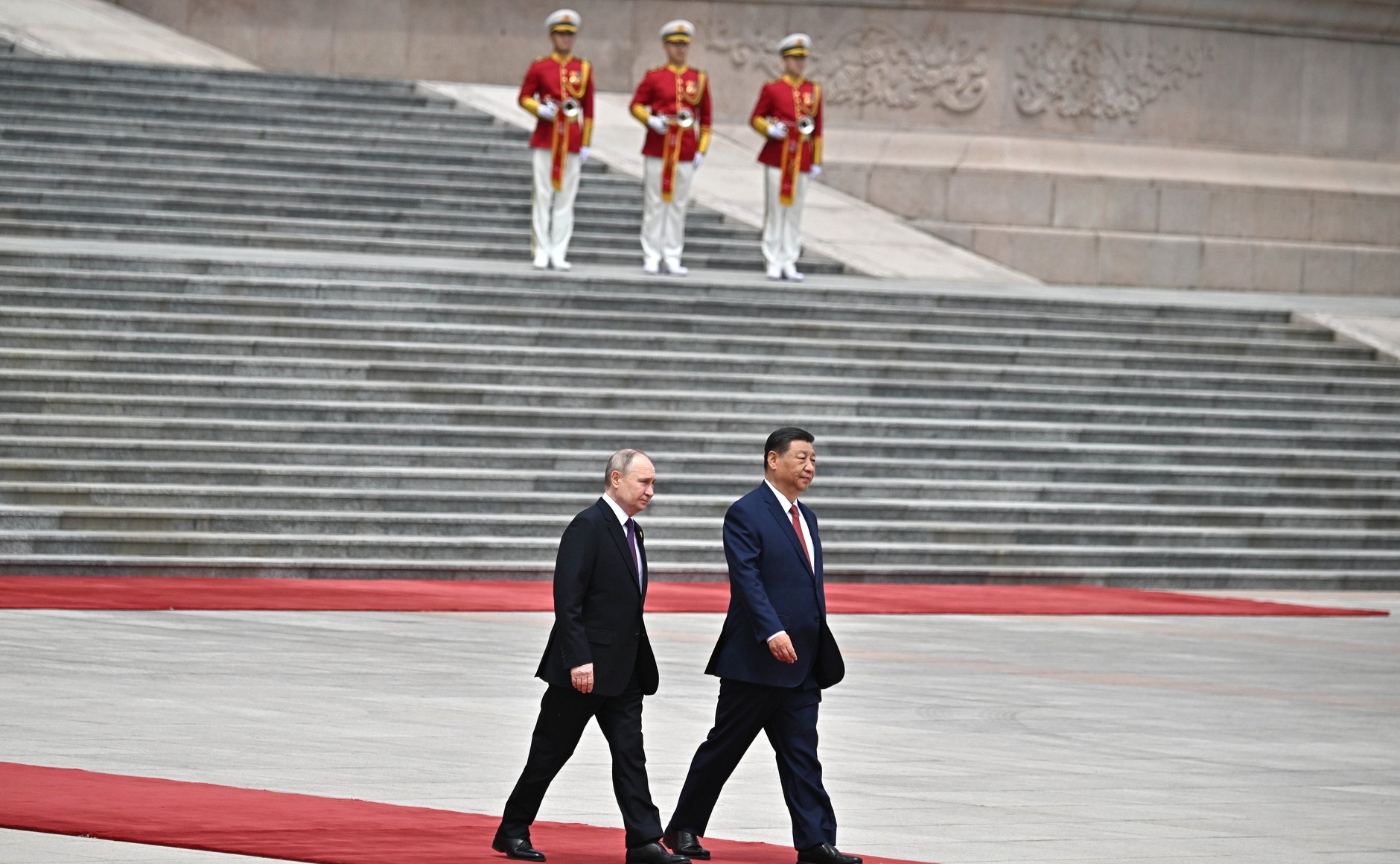Ukrainian President Volodymyr Zelenskyy made a surprise appearance last weekend at the annual Shangri-la Dialogue in Singapore, run by the International Institute for Strategic Studies.
Zelenskyy had a message that the Chinese delegation was not expecting.
In his speech, Zelenskyy claimed that Russia was pressuring countries not to attend an upcoming Ukrainian-organised global peace summit in Switzerland, and that unnamed countries were assisting this “diplomatic disruption”.
He later identified China as the culprit, stating that it was “working for countries to not come to the peace summit.”
According to the Ukrainian President, Russia was doing “everything to disrupt the peace summit” by using “Chinese influence on the region.” He added that it “is unfortunate that such a big, independent, powerful country as China is an instrument in the hands of Putin.”
Whether intended or not, Zelenskyy’s intervention highlights the complexity of China’s aims following the Russian invasion of Ukraine. These range from obviating nuclear use to ensuring that its relations with Europe do not rupture. More specifically, Beijing has two principal aims – to defend Ukraine’s sovereignty while ensuring that Russia is not defeated.
Once we understand the reasons for why China ranks the denial of a Russian defeat over a concern for Ukraine’s sovereignty, it becomes clear why Beijing’s economic, diplomatic, and military interactions with Moscow have grown considerably over the course of the war.
The simultaneous achievement of these particular aims has proven elusive.
On the one hand, Beijing has repeatedly called for Ukraine’s sovereignty to be respected and the conflict resolved through negotiations rather than military force. China’s commitment to the sovereignty principle is genuine. It has experienced first-hand the importance of sovereignty when the principle was violated and large parts of its territory were controlled by imperialist powers in what China considers to be its “Century of National Humiliation” from 1839-1949.
On the other hand, it is hard to overstate the threat that a Russian defeat in Ukraine poses to China’s geopolitical security interests.
In practice, even a powerful state such as China has to make trade-offs in its foreign policy.

Two points need to be appreciated to understand why Beijing prioritises the denial of a Russian defeat over the defence of Ukraine’s sovereignty.
First, China’s perspective on sovereignty is genuine but needs to be contextualised. There is a critical difference between sovereignty cases that directly engage Beijing and those that do so indirectly.
On Ukraine, China defends the sovereignty principle but is not a direct participant. It therefore has a qualified commitment.
In contrast, Taiwan involves a direct engagement with the sovereignty principle through a non-negotiable commitment to reclaim territory that was ceded to Japan after the Sino-Japanese war in 1895.
Ukraine and Taiwan both involve the sovereignty principle, but China is clearly more invested in the latter issue.
Second, a defeated Russia would likely be an unstable state that complicates China’s security in multiple and potentially unpredictable ways. To make matters worse for Beijing, Vladimir Putin’s defeat in Ukraine could realistically lead to Ukraine’s swift entry into NATO and the European Union. If that were to occur, the world’s most powerful military alliance and economic union would be at Russia’s doorstep. That represents a strategic nightmare for China.
Once we understand the reasons for why China ranks the denial of a Russian defeat over a concern for Ukraine’s sovereignty, it becomes clear why Beijing’s economic, diplomatic, and military interactions with Moscow have grown considerably over the course of the war.
Evidence to support this conclusion comes from none other than Putin himself. During the 16–17 May summit between Putin and China’s Xi Jinping in Beijing, the Russian leader rattled off an array of initiatives and statistics, demonstrating increasing economic, military, and diplomatic cooperation between Beijing and Moscow.
That said, at some point the war in Ukraine has to end. And at that time, China will play a major part in shaping Russia’s policy, with a view to minimising foreign policy surprises in an era of US-China great power rivalry.

